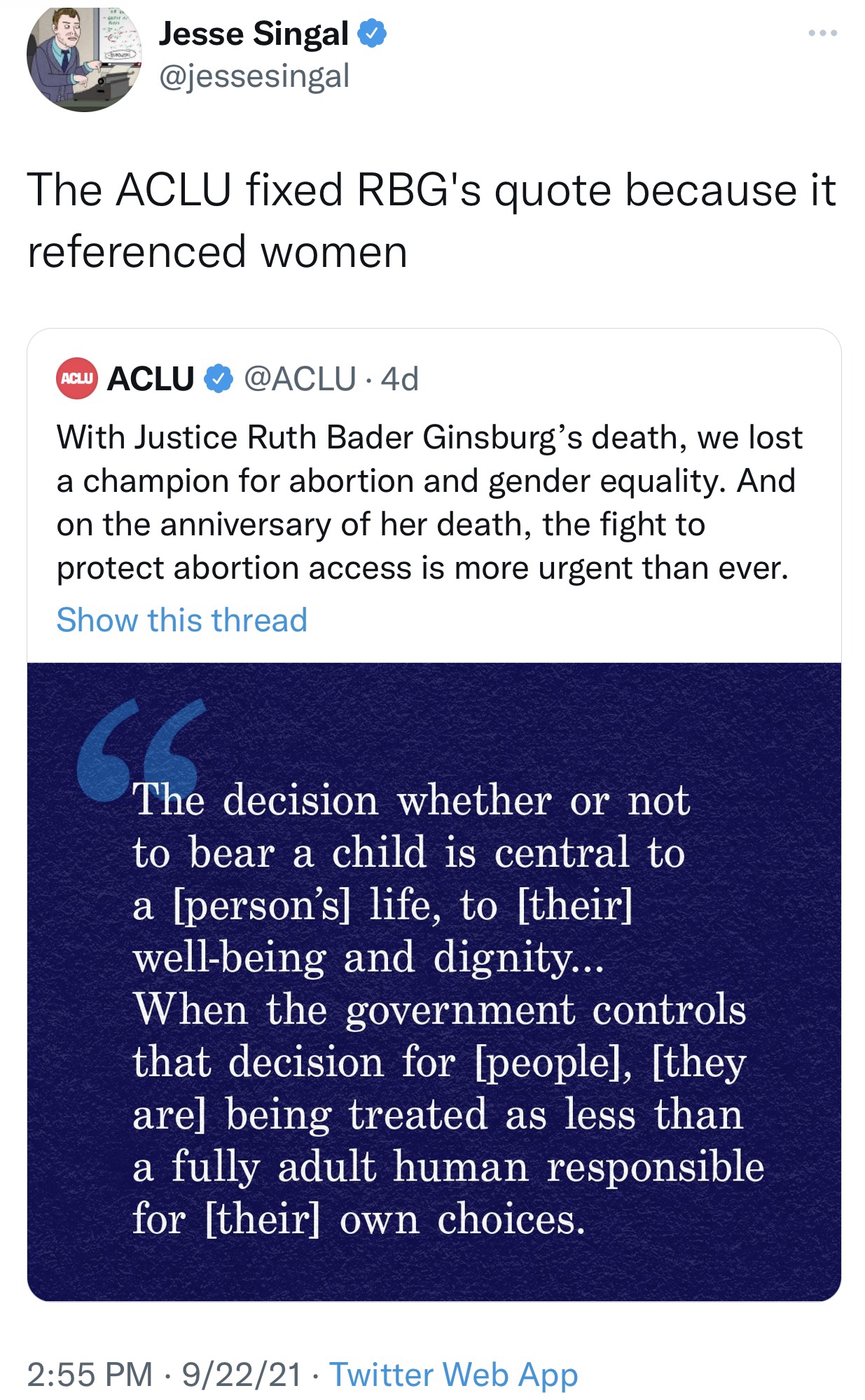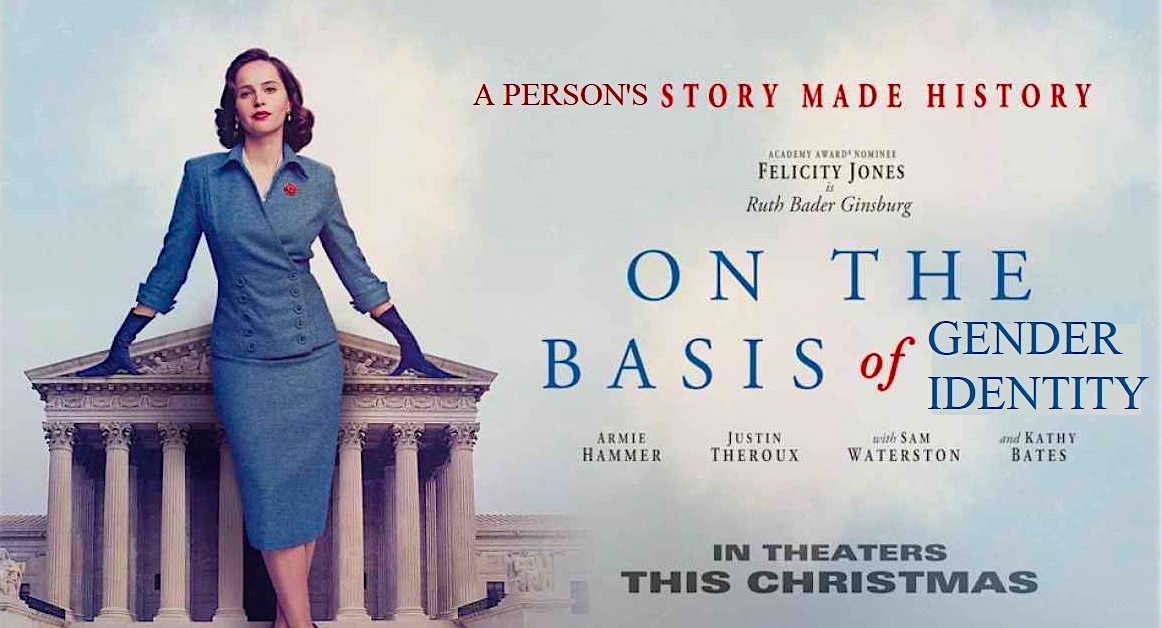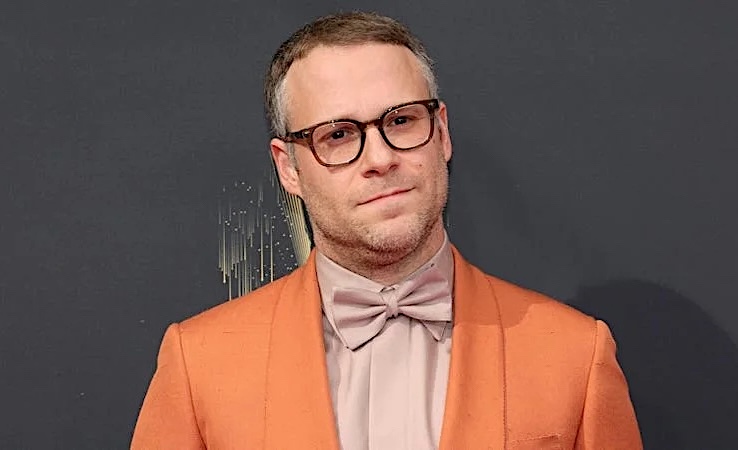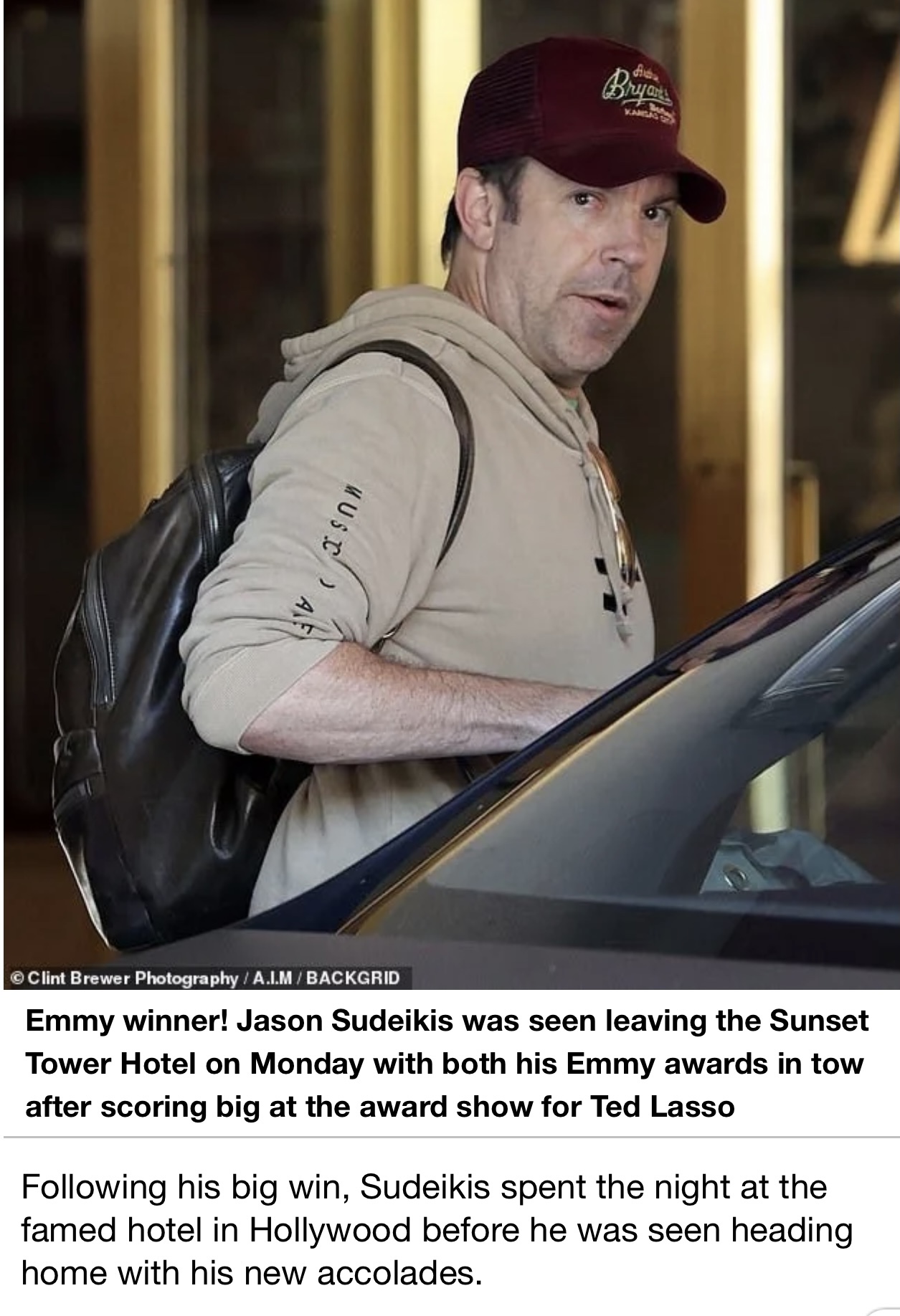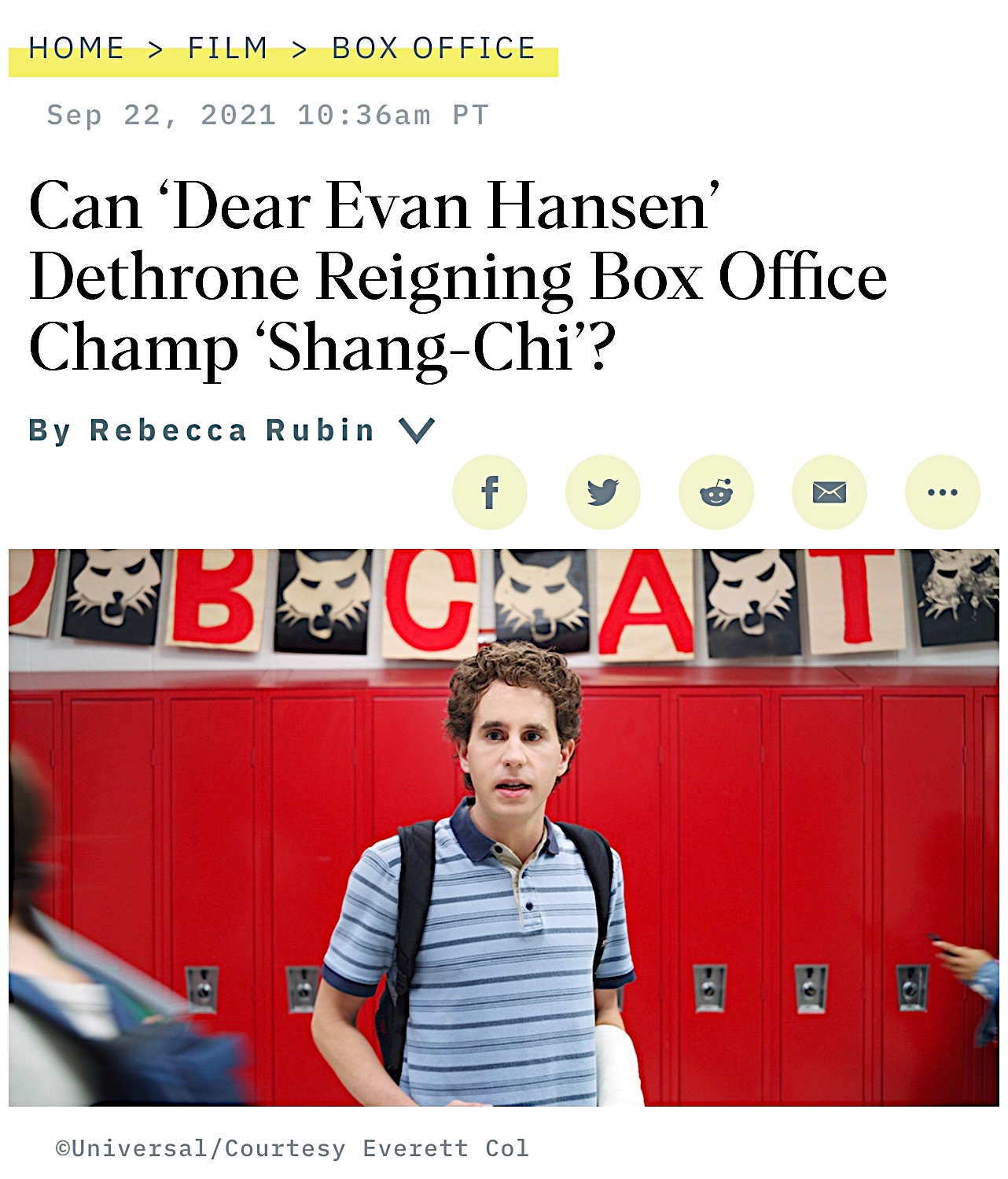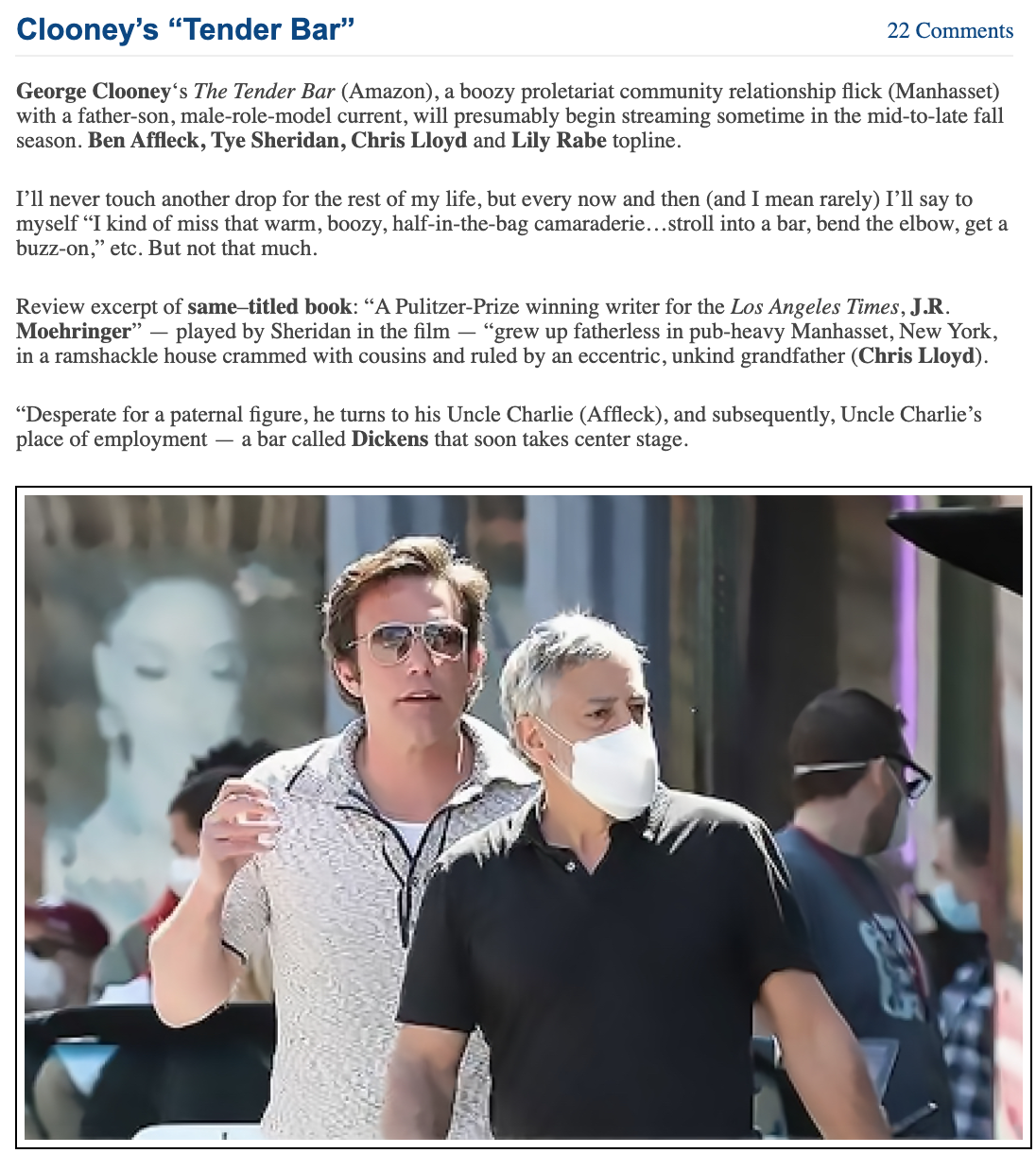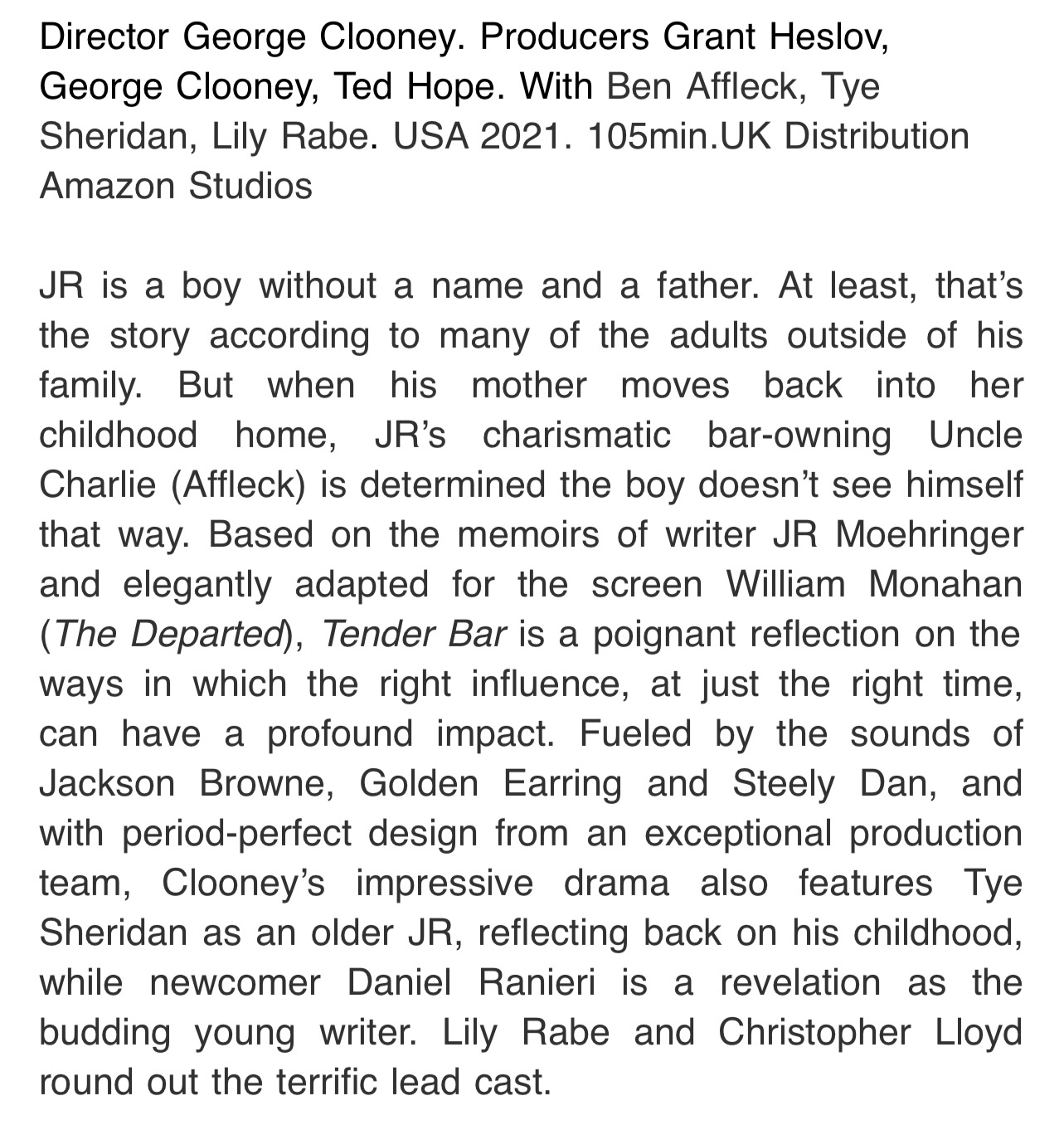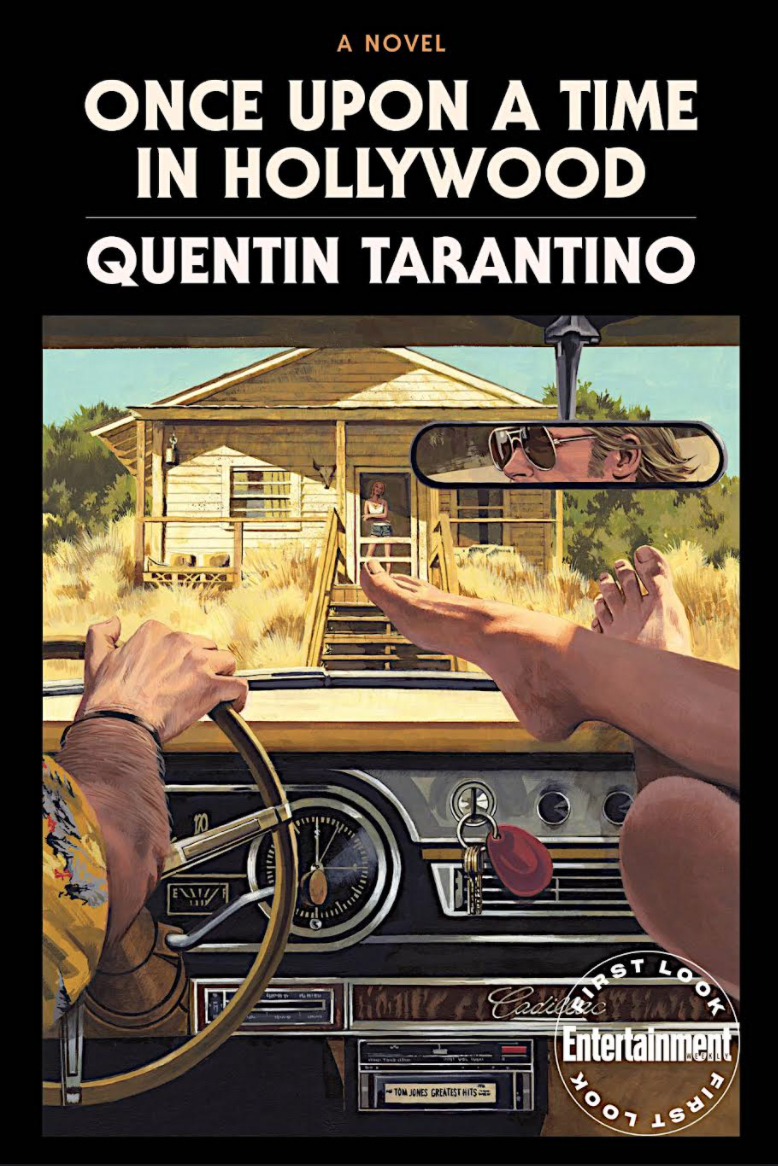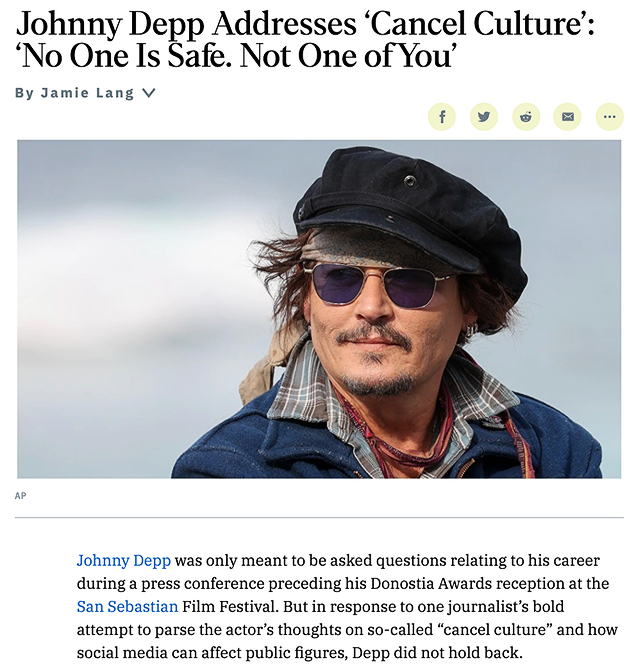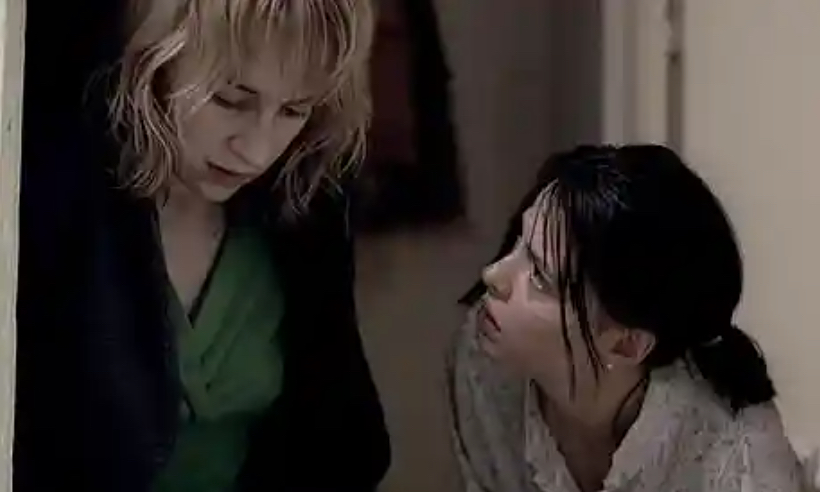A couple of days ago World of Reel‘s Jordan Ruimy posted the results of a 40-critic poll about films that had played at the 2021 Toronto Film Festival. Film critics are generally too dweeby as a rule and their favorites rarely synch with the preferences of Joe and Jane Popcorn, but at least they brushed aside Kenneth Branagh‘s Belfast, the TIFF People’s Choice award winner.
Of all the films voted upon, Branagh’s finished 30th with a piddly three votes to its name.
I’m not suggesting that these and other critics should write a letter to Sid Ganis about his remark, shared during the recent Telluride Film Festival, that Belfast was one of the best films he’d ever seen in his life. But if they were to compose such a letter and send a hard copy to Ganis’s home, it could read something like this:
“Dear Mr. Ganis — There is no one ‘right’ opinion about any film, and we, the undersigned, are certainly not saying that you misjudged Kenneth Branagh‘s Belfast or that your comment to Deadline‘s Pete Hammond needs to be reevaluated or recanted. You have an absolute right to your view. No one is suggesting otherwise.
“But by the same token we have a right to our own shared opinion, no offense, which is that Belfast is a movie for the chumps. Which is why we didn’t even consider rating it as one of the top 20 films of the just-concluded Toronto Film Festival, or even among the top 30.
“By all means go with God, embrace Belfast, tell your Academy-member friends how wonderful it is…all to the good. But when we, the undersigned, considered the opinion that you shared with Hammond earlier this month, the blood, no offense, drained from our faces. — Respectfully, the World of Reel 40.”
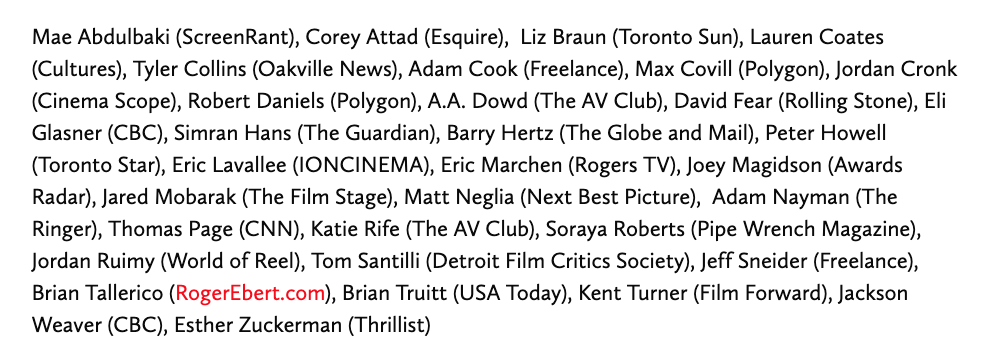
Read more
